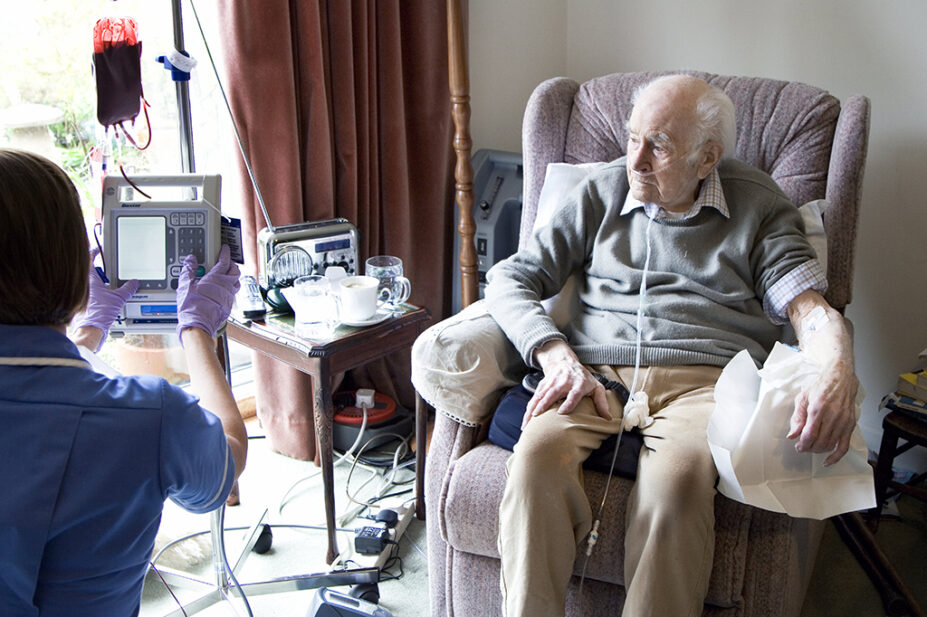
LIFE IN VIEW/SCIENCE PHOTO LIBRARY
The government has rejected recommendations by a House of Lords committee that hospital chief pharmacists should be given powers and resources to “ensure high quality homecare medicines services in their area”.
In a report on the state of homecare medicines services in England, published in November 2023, the House of Lords Public Services Committee also said that chief pharmacists should be given powers to support “back up” homecare medicines services, such as through local community pharmacies, but the government also did not support this recommendation.
In its official response to the committee’s report, published on 17 January 2024, the Department of Health and Social Care (DHSC) said it did not “fully agree” with the recommendations.
The response said that while chief pharmacists and their employing trusts “have responsibility and powers to discharge the proper management of any contracts they let”, NHS England is “not complacent and … is undertaking further work with national and regional teams to understand the future options for homecare procurement”.
“Once the exercise is complete, the committee will be updated in the summer on the next steps to ensure procurement by the NHS achieves value for money,” it added.
The House of Lords committee report identified “serious problems” with the provision and governance of homecare medicines services, which it said were “preventing the system from reaching its full potential” and putting patients’ health at risk.
The cross-party committee described the homecare medicines system as “unacceptably complex” and said that there was “a complete lack of ownership” of key aspects of the homecare sector.
In its response to the committee, the DHSC said it was working to provide new key performance indicators (KPIs) for homecare medicines providers, and that it supported the committee’s recommendation that the KPIs should be published in a “consistent standardised form”, to allow “meaningful public scrutiny”.
A further recommendation from the House of Lords committee was that the regulatory regime for the homecare medicines service should be reviewed.
In its response, the DHSC said it accepted that “the regulatory position regarding homecare medicines service is complex”, with the General Pharmaceutical Council and the Care Quality Commission (CQC) both playing a “significant role”.
“Given that the regulatory oversight of these services is not wholly delivered by one regulator we need to do more work before committing to making any changes to the regulatory regime or considering a thematic review,” the DHSC said.
“We will respond to the committee in summer 2024 setting out the further steps we have taken and our response to these recommendations.”
The government said that NHS England has been working on a “desktop exercise” to look at homecare medicines services, and it will now “bring together data from the desktop exercise with the House of Lords inquiry report recommendations and undertake an analysis of the findings”.
In April 2023, Humza Yousaf, then health minister for Scotland, said the chief pharmaceutical officer for Scotland would investigate homecare medicines services in Scotland, following concerns from charities that patients were experiencing delays in receiving their medicines.
Then, in May 2023, the CQC said it was reviewing concerns raised about Sciensus, one of the UK’s largest medicines delivery services.


